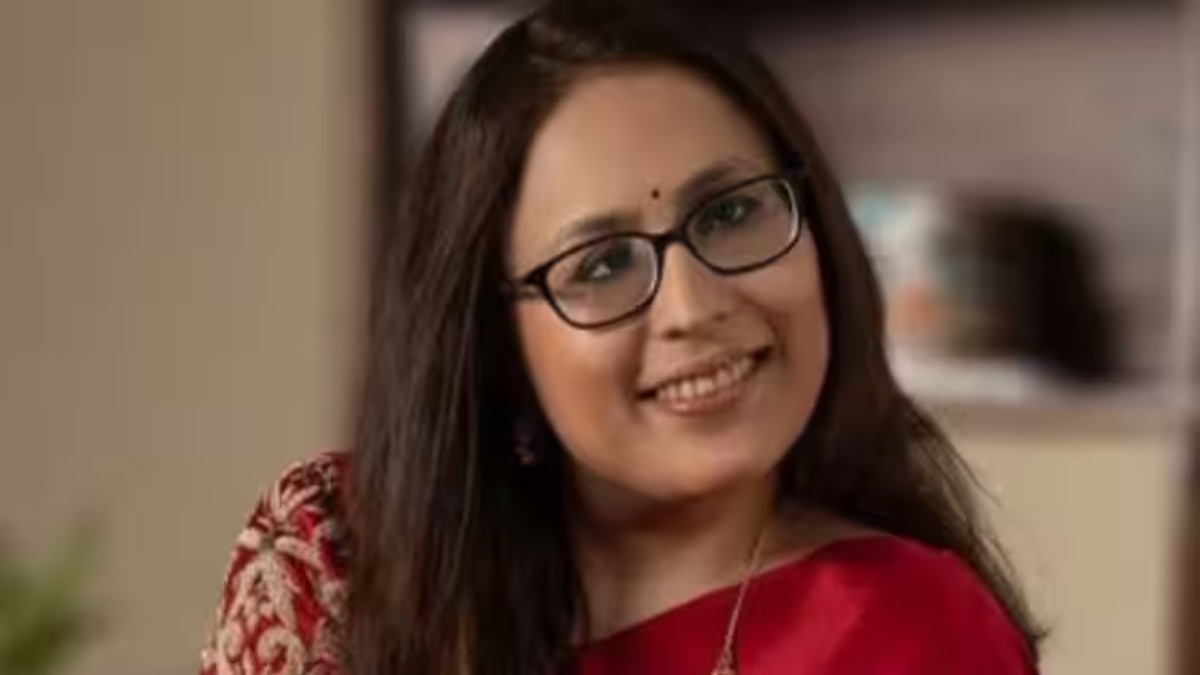Edelweiss Mutual Funds CEO Radhika Gupta has advised entrepreneurs to be cautious of the "startup romance" in a post on X (formerly Twitter) that has become popular in the country, noting that most successful businesses only highlight the positive aspects while overlooking the challenges and hardships involved.
She added that the "startup reality" sets in quickly when entrepreneurs are confronted with difficult execution, tight budgets, challenging working conditions, constant rejection, difficulties in hiring and retention, pressure to generate revenue at any cost, and prolonged uncertainty.
“There is now an increased air of "start-up romance". That paints start-up life as working in chiller attire out of a fancy co working space, talking ideas all day, raising funding rounds, giving gyaan on social media, hosting Fri Eve drinks for colleagues. Don't fall for it. Start-up reality" hits soon.” Gupta said.
“It means painful execution, limited budgets and even more limited working conditions, constant rejection, challenges in hiring and retention, pressure for revenue at any cost, and uncertainty for a very long period of time,” the CEO added.
In an incident that shed light on another set of challenges faced by startup founders, the co-founder and CEO of a telemedicine startup revealed that he had to relocate cities after encountering bias from investors for not being an IIT alumnus and for not speaking Hindi.
Speaking to Business Insider, Dhruv Suyamprakasam, the co-founder of iCliniq, shared that his family hailed from Coimbatore in Tamil Nadu, where his father, a first-generation entrepreneur, had built a successful business. However, when Dhruv started his own company, he believed moving to Bengaluru was the right step. "I had read about the city being the centre of the mainstream startup ecosystem. In 2010, moving to Bengaluru felt like the best decision for me as a founder," he told the publication.
"But it wasn't the best place for us. It's a place that expects companies to grow fast and fail fast. I didn't think it was the right pressure to put on a healthcare startup, which has no margin for errors and requires a lot of trust from people. We met investors who had expectations like getting 100 paid consultations in a day,” he added.
Dhruv mentioned that he faced a lot of bias from investors. Dhruv felt excluded because he didn't speak Hindi, the most widely spoken language in India, and he hadn't attended the Indian Institute of Technology, the country's most prestigious engineering school.
He also faced judgment for being from a small town that many people hadn't heard of.
Also Read: Best Stocks To Buy Today: IndiGo, Orient Electric Among Top 5 Picks For December 26, 2024


